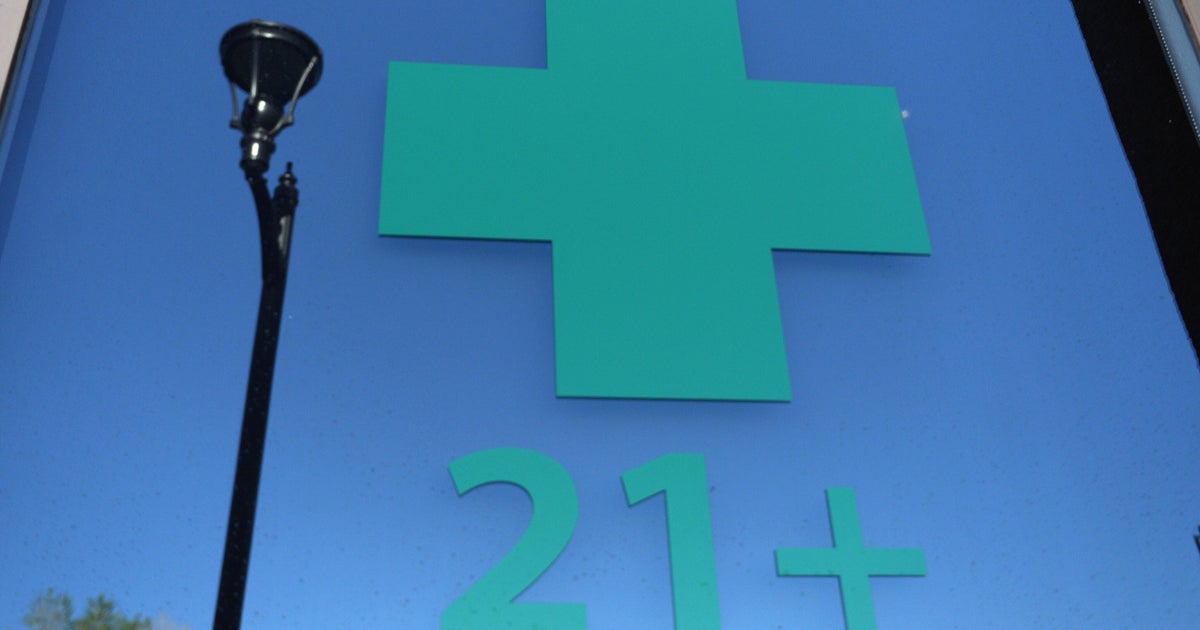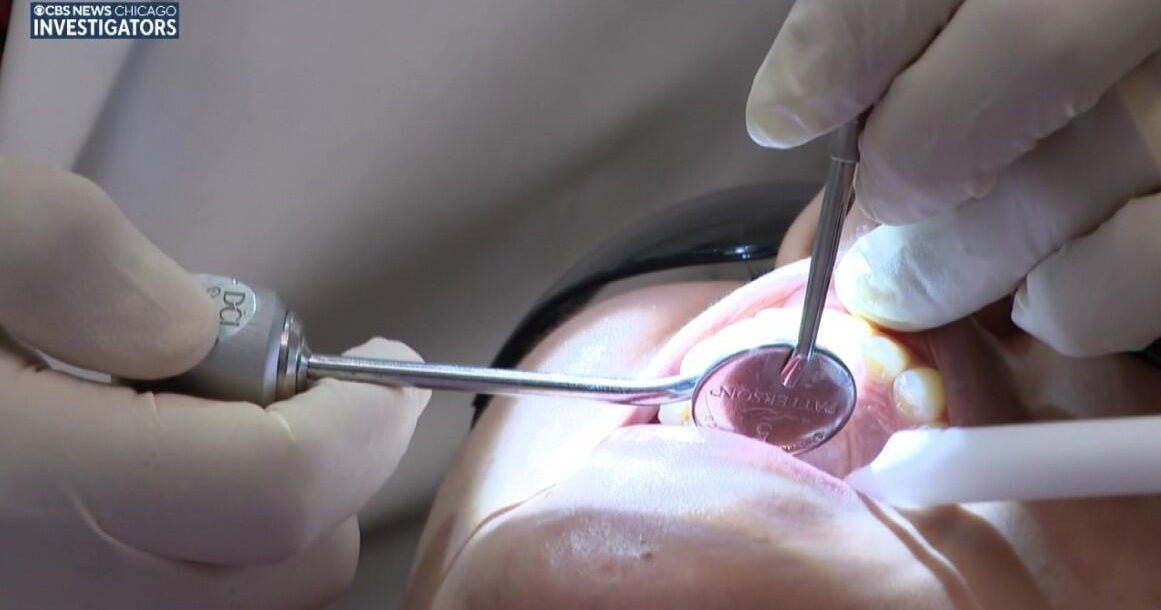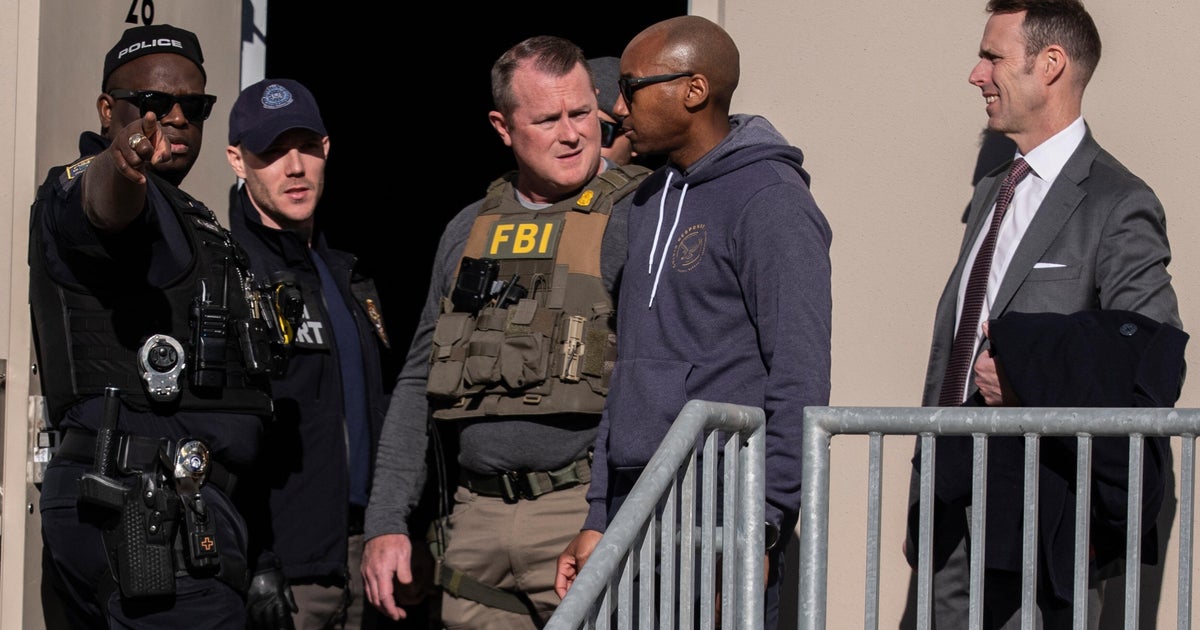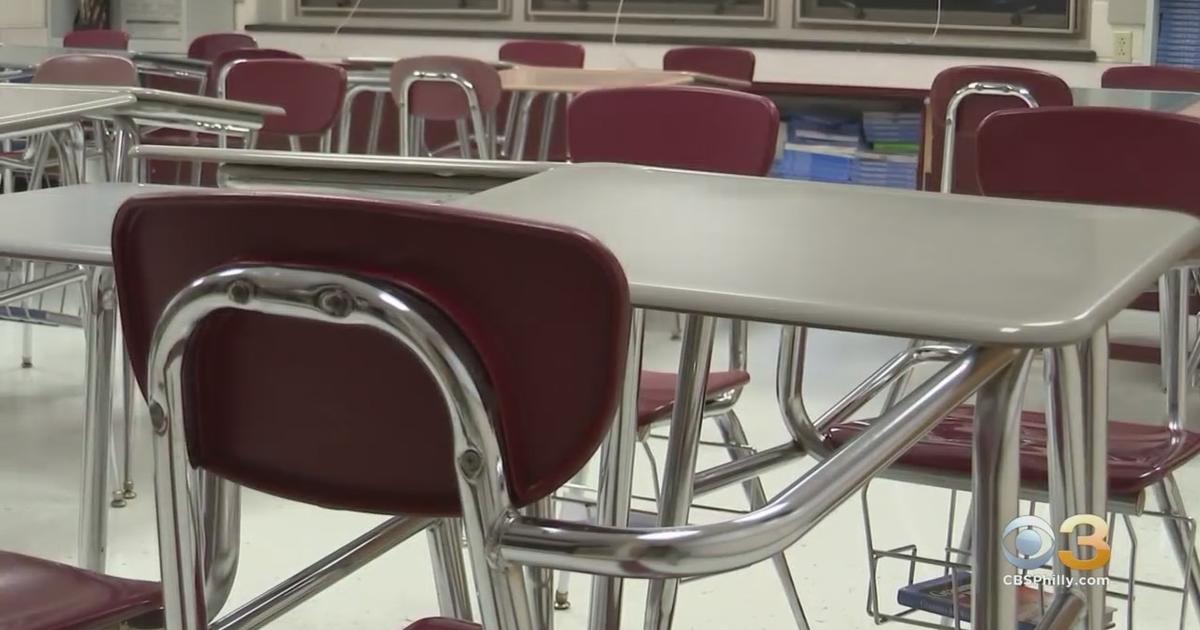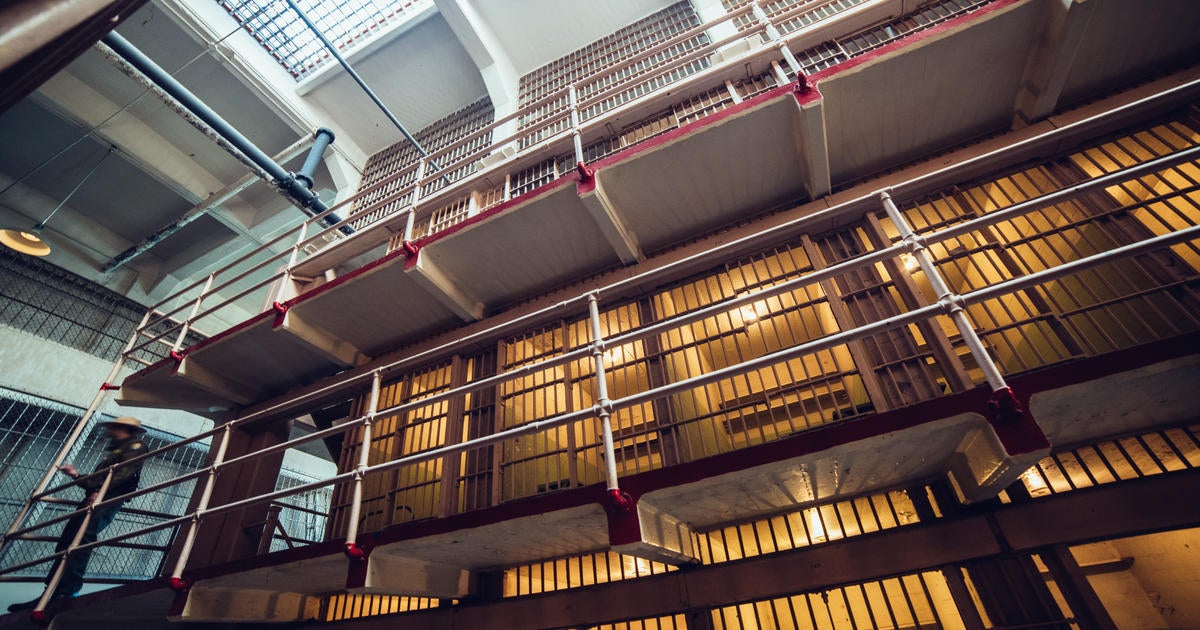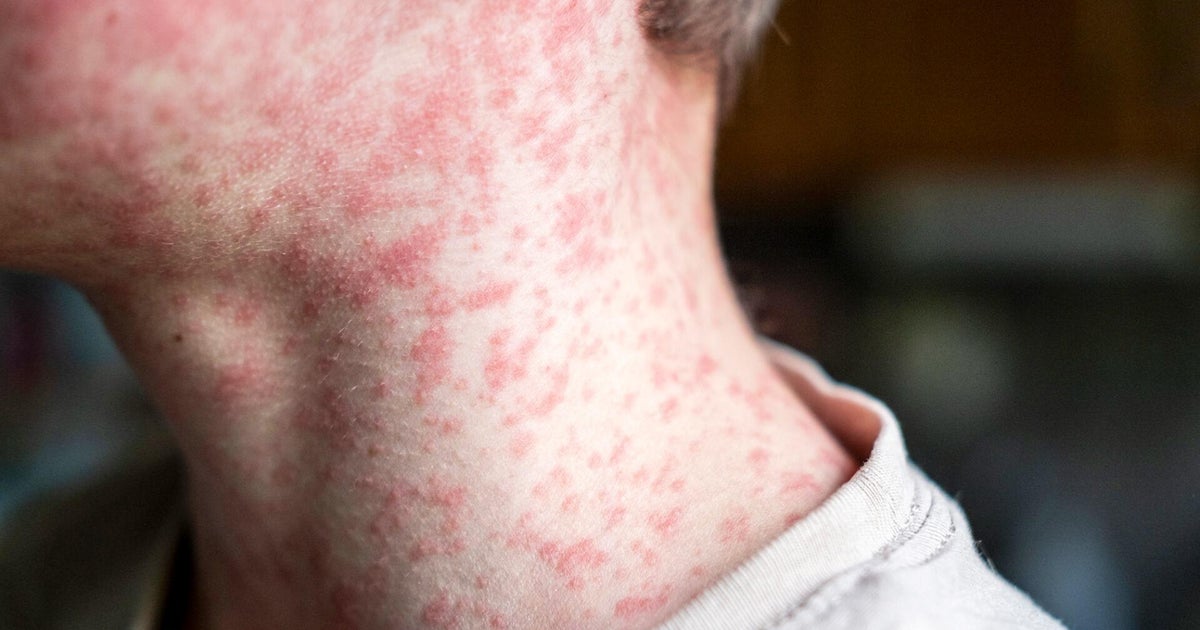Monkeypox a growing concern for parents with new school year around the corner
MIAMI – The number of monkeypox cases in Florida is on the rise. The state's health department tally is now at 525 cases.
New national data shows the number of new monkeypox cases is doubling about every week. There have been more than 6,300 reported cases across 48 states.
New York, California, and Illinois have declared states of emergency to help fight the outbreak. Florida Gov. Ron DeSantis has said he would not declare a state of emergency.
The U.S. Centers for Disease Control and Prevention said the virus is spread mostly through close intimate contact. The virus can also be transmitted by direct contact with an active rash, or indirect contact with an active rash through contaminated items, such as contaminated clothing.
Monkeypox is not considered a highly contagious disease, and the risk of contracting it is generally low.
Signs of the infection typically begin with flu-like symptoms, such as fever, chills, headache, tiredness and muscle aches, and swelling of the lymph nodes. It then progresses to a rash on the face and body. The duration of illness is usually two to four weeks.
Of course, with parents getting ready for back to school, some are now asking how this virus could affect young kids.
"Just the number spike alone is making me more anxious," Jaime Lyn-Kee-Chow said.
She's the mom of two boys, one in high school, another in elementary school in Pembroke Pines, which is in Broward County, where the highest number of cases in the state have been reported.
"I feel a little bit more on edge about Monkeypox because kids are everywhere," she told CBS 4.
With parents asking questions, CBS4 spoke to Dr. Aileen Marty, an infectious disease expert at Florida University. So, are children at an increased risk?
"They're not at an increased right now of getting monkeypox because it's not spreading in that population," she explained. "But if they get infected, they are at much higher risk at having severe disease – that's the big problem for children, for pregnant women for immunocompromised persons."
But ask any parent about kids, they know.
"They touch everything," Lyn-Kee-Chow shared from personal experience.
And unlike COVID-19, Dr. Marty said this virus is much hardier, so it can live on surfaces like a towel.
"We have five teenagers that have had monkeypox in Florida, two of them are in Miami-Dade," said Marty.
Since outbreaks began, the virus has largely affected a segment of the LGBTQ community. However, it could spread beyond it.
"I think it's really important that there be a lot of communication between families because we've already had a few children, and I'm talking not the teenagers but children the small children in the United States, in a couple of states it's been household contacts."
Lyn-Kee-Chow likes the idea of prevention, but the current vaccine for monkeypox is only available to people 18 and older. She questions if cleaning surfaces could prevent infection.
"It is absolutely influenced by the dose of the virus that gets in per unit time, so by keeping things clean you're going to reduce that risk," Marty said.
In addition to keeping surfaces clean, and hands washed, Dr. Marty said a mask could help reduce the transmission of respiratory droplets.
